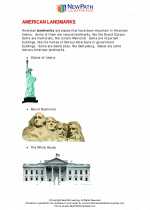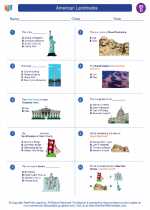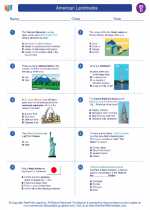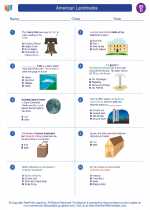Theodore Roosevelt
Theodore Roosevelt was the 26th President of the United States, serving from 1901 to 1909. He was a key figure in the Progressive Era, known for his efforts to regulate big business and protect the environment. Roosevelt was also a strong advocate for conservation and was responsible for the creation of many national parks and forests.
Early Life
Theodore Roosevelt was born on October 27, 1858, in New York City. He was a sickly child, but he overcame his health issues through a strenuous lifestyle. He was homeschooled and later attended Harvard College, where he excelled in academics and sports.
Political Career
Roosevelt began his political career as a member of the New York State Assembly. He later served as the Police Commissioner of New York City and as Assistant Secretary of the Navy. Roosevelt gained national prominence as the leader of the Rough Riders, a volunteer cavalry regiment, during the Spanish-American War.
Presidency
Roosevelt became President in 1901 after the assassination of President William McKinley. As President, he was known for his "Square Deal" domestic policies, which aimed to protect the rights of the working class, regulate big business, and conserve natural resources. He also expanded the role of the United States in international affairs, earning him the Nobel Peace Prize for mediating the end of the Russo-Japanese War.
Legacy
After leaving office, Roosevelt remained active in politics and continued to advocate for progressive causes. He also embarked on a major expedition to explore the Amazon River. His legacy includes his contributions to conservation, his efforts to regulate big business, and his impact on American foreign policy.
Study Guide
- What was Theodore Roosevelt's role in the Spanish-American War?
- What were some of the key elements of Roosevelt's "Square Deal" domestic policies?
- How did Theodore Roosevelt expand the role of the United States in international affairs during his presidency?
- What are some of Theodore Roosevelt's lasting contributions to conservation and the environment?
- How did Theodore Roosevelt's early life influence his later achievements?
◂Social Studies Worksheets and Study Guides Fourth Grade. American Landmarks

 Worksheet/Answer key
Worksheet/Answer key
 Worksheet/Answer key
Worksheet/Answer key
 Worksheet/Answer key
Worksheet/Answer key
